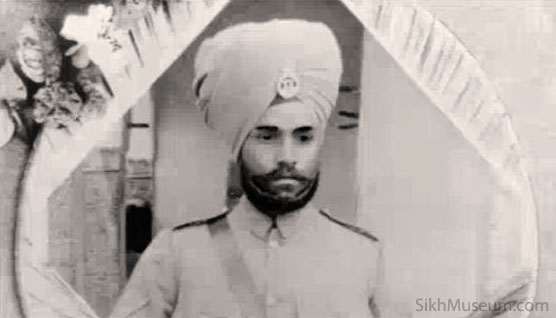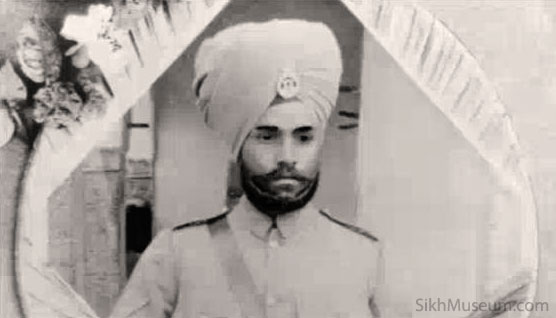During WWI, Indian soldiers fought alongside the British in their battle against opposing forces. One such man was named Manta Singh, and his death while saving an officer of the British armed forces is now being remembered by the United Kingdom Prime Minister in the wake of the centenary. Over the course of WWI, over a million such Indian soldiers fought on behalf of the United Kingdom, and Prime Minister David Cameron believes that the public has not been educated well enough about the part that they served.
Manta Singh served the United Kingdom during WWI as a member of the 15th Ludhiana Sikhs. The Sikhs were a Bengal Army regiment of infantrymen which lost thousands of Indian soldiers in just a handful of days in 1915. Singh himself lost his life while rescuing a British officer by the name of Captain Henderson. He fell due to injury at the Battle of NeuveChapelle, a battle which saw a combined total of casualties between India and the United Kingdom totaling well over 10,000 men.
Singh’s official cause of death was listed as blood poisoning. The injury which eventually caused his death was in his leg, when he was hit on the left by a machine gun. Despite his presumably impaired ability to walk, Singh somehow procured a wheelbarrow and laid Captain Henderson safely within it as he pushed him out of the line of fire. By the time he got to a WWI hospital, the Indian soldier found his injury to be festering with gangrene, a common problem during the war, The Times of India reports.
According to Prime Minister David Cameron, Manta Singh is but one Indian soldier out of many who was buried a hero. He was also buried a fast friend of the man he saved, a friendship which has lasted throughout generations between the two families. As Manta Singh and Captain Henderson were friends and colleagues throughout WWI, their sons would go on to share a similar relationship in WWII. Now the two men’s grandsons are also friends, though fortunately have no World War in which to serve.
The WWI Indian soldier Manta Singh was one of 20,000 to aid the British in the Battle of NeuveChapelle, implying strongly that their aid was vital to the disruption of German forces. While it was not a complete victory, it was still an important battle in the war, and Singh’s efforts prevented the British from losing one more officer to enemy fire. While the Indian soldier may be remembered by name during the centenary, the ideals he stood for are poignantly apt for any man who fought on the side of the British in WWI, and it would appear from the Prime Minister’s words that many more such men are soon to be honored during the centenary.

